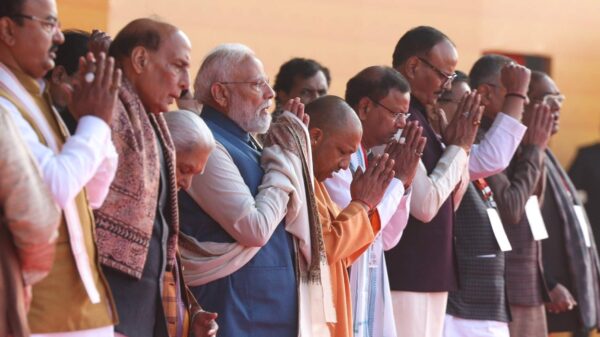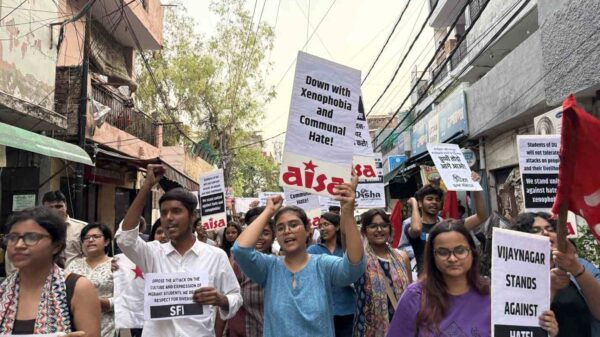The percentage of workers with wage/salaried employment has dropped from 23.8% in 2018-19 to 20.9% in 2022-23, according to the latest annual Periodic Labour Force Survey (PLFS) data.
The decline in regular wage employment has disproportionately affected religious minority groups such as Muslims, Christians, and Sikhs, in comparison to the Hindu population. Muslims have experienced the greatest decline over the past five years.
In 2018-19, 22.1% of Muslim workers had wage employment, but this figure dropped to 15.3% in 2022-23, marking a decline of 6.8 percentage points.
Similarly, the Christian community saw a 3.2 percentage point decline, with only 28% of Christian workers having regular jobs in 2022-23 compared to 31.2% in 2018-19.
The Sikh community also experienced a decline of 2.5 percentage points, with only 26% of Sikh workers having wage employment in 2022-23, down from 28.5% in 2018-19.
In contrast, the decline in the quality of employment was the smallest among the Hindu community, where 21.4% of workers had regular salaried jobs in 2022-23, a decrease of 2.3 percentage points from 23.7% in 2018-19.
Overall, the share of workers with wage/salaried employment has decreased from 23.8% in 2018-19 to 20.9% in 2022-23.
Santosh Mehrotra, a visiting professor at the University of Bath, attributes the decline in regular wage jobs to the impact of COVID-19 and the deterioration of work quality in the post-pandemic world, particularly affecting Muslims.
He highlights that wage employment opportunities are more prevalent in urban areas, where Muslims constitute a higher proportion of the population compared to rural areas. The manufacturing and services sectors, which are predominantly based in urban areas, struggled to generate quality jobs during the pandemic. Mehrotra also expresses concern over the minimal increase in the labour force participation rate among Muslims.
The labour force participation rate (LFPR) for Muslims has only seen a slight increase from 32.3% in 2018-19 to 32.5% in 2022-23. In comparison, for Hindus, the LFPR increased from 38.2% to 44.5% during the same period.
LFPR measures the percentage of individuals in the labour force – employed, actively seeking employment, or available for work – as a proportion of the population.
The decline in wage employment has led to a rise in self-employment (including unpaid household labour or owning a small enterprise) and casual work within these communities.
It turns out that while self-employment is on the rise among all religious groups, casual labour is becoming more common specifically within the Muslim community. In 2022-23, around 26.3% of Muslim workers were employed as casual labourers, compared to 25.7% in 2018-19. This trend stands in contrast to Hindus, Sikhs, and Christians, who have seen a decrease in the number of people working in casual labour roles.



































































